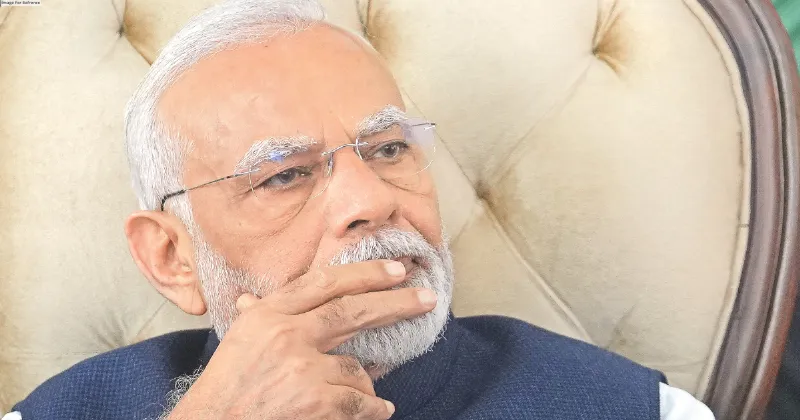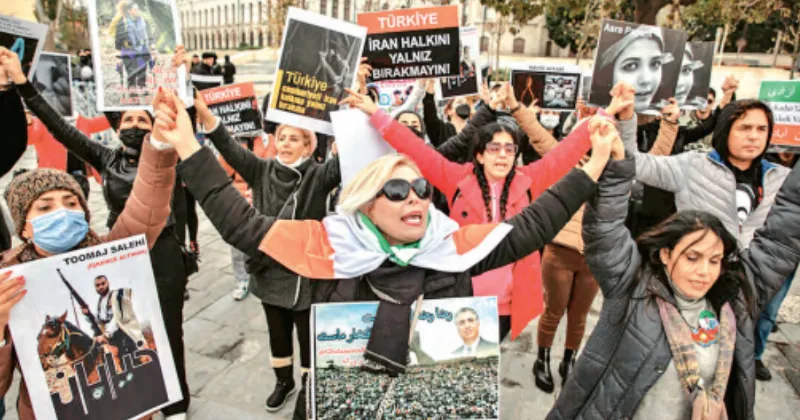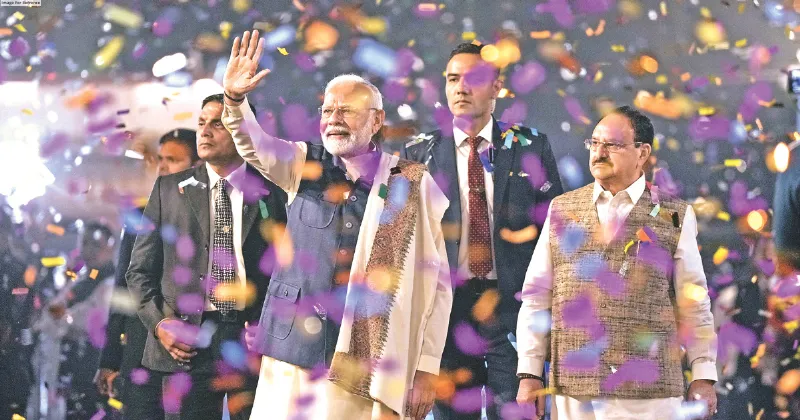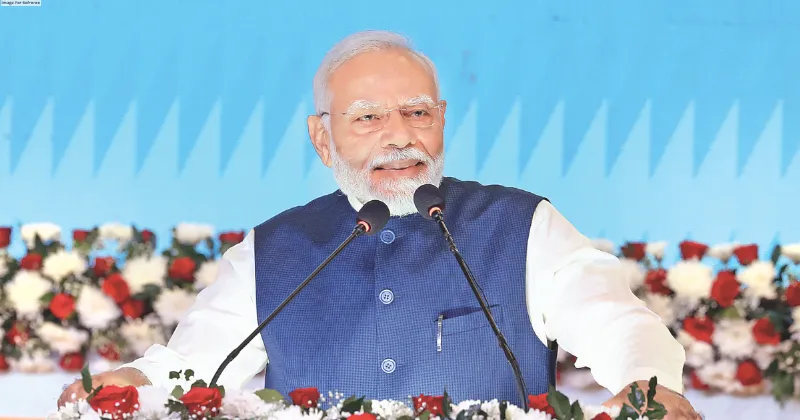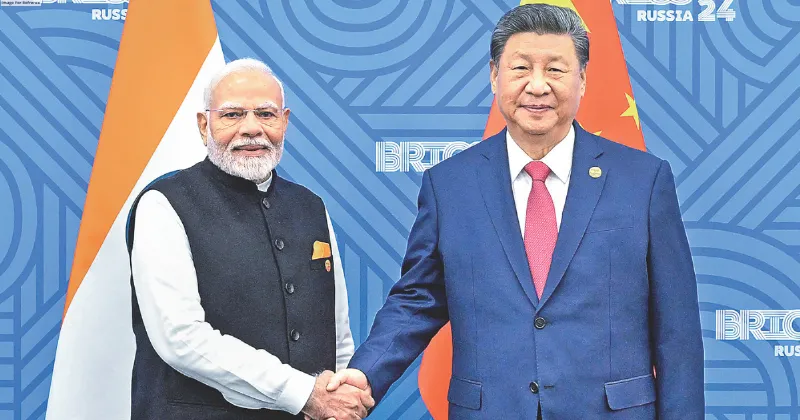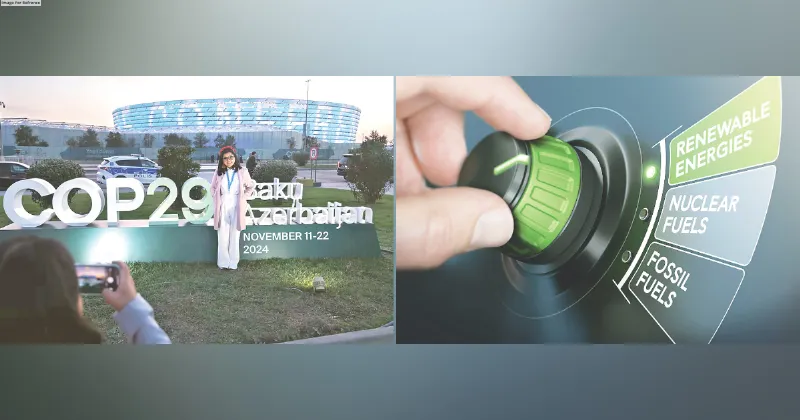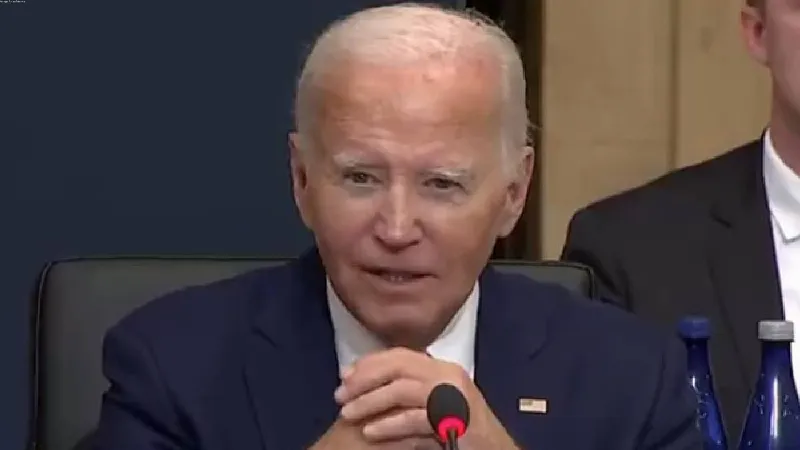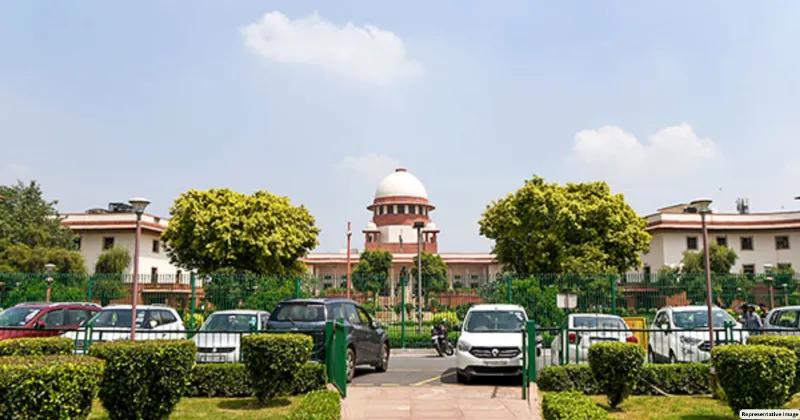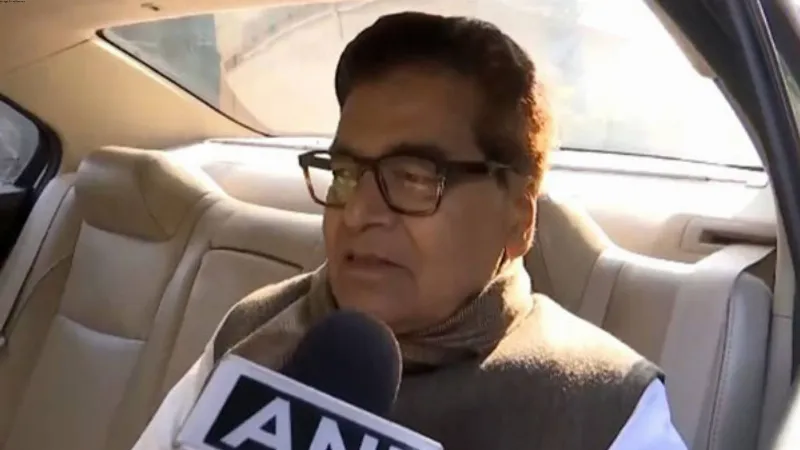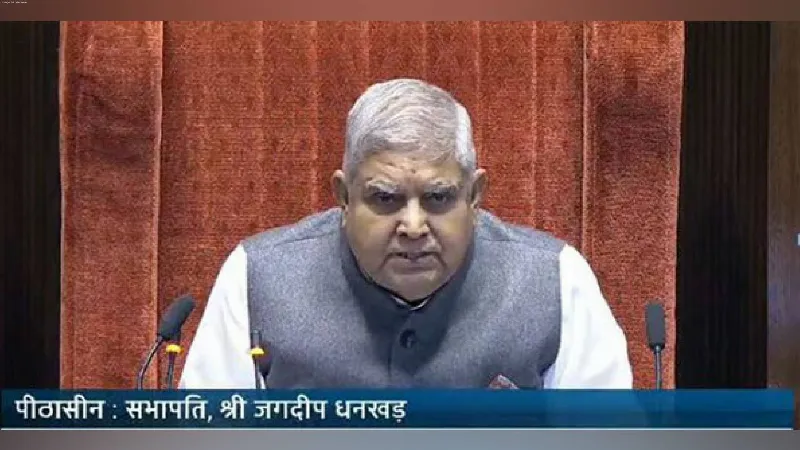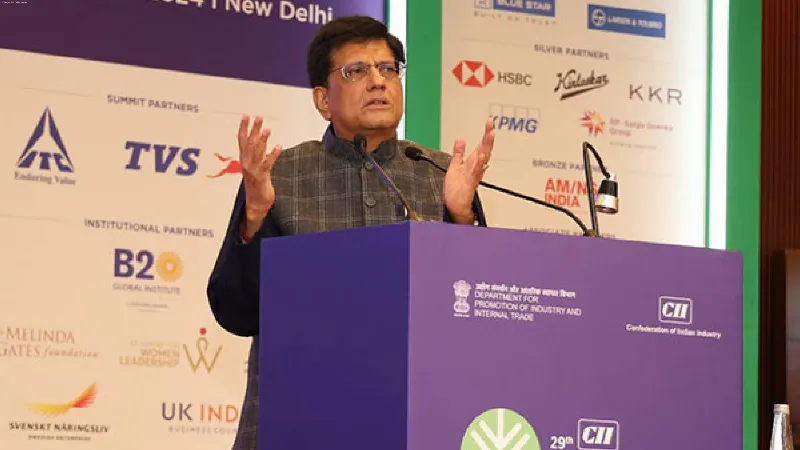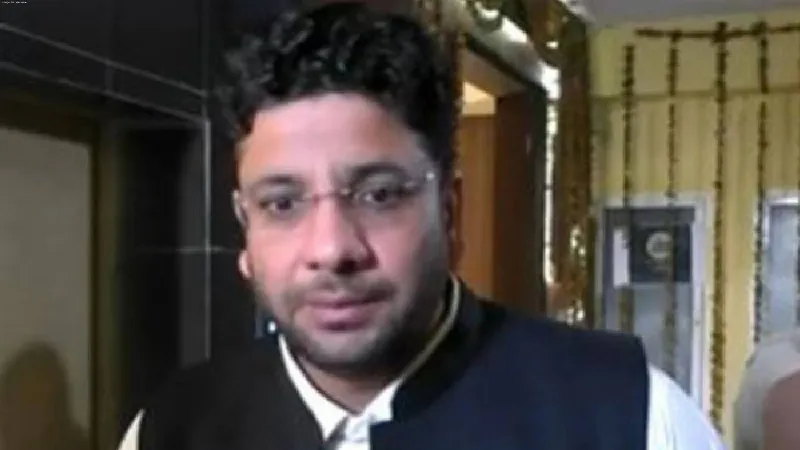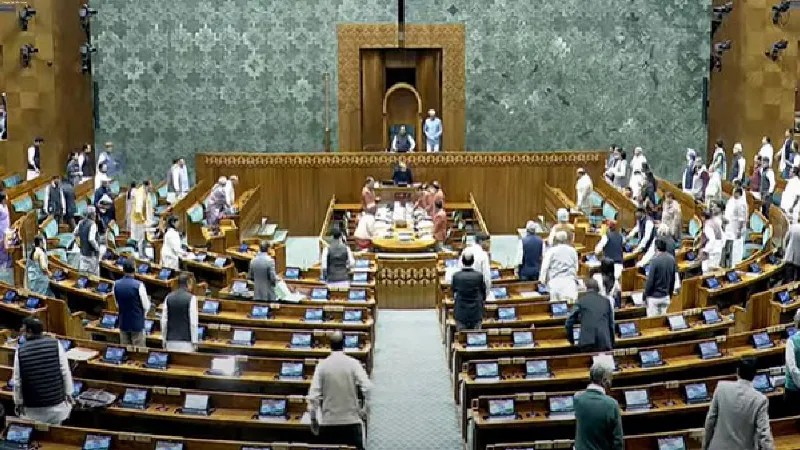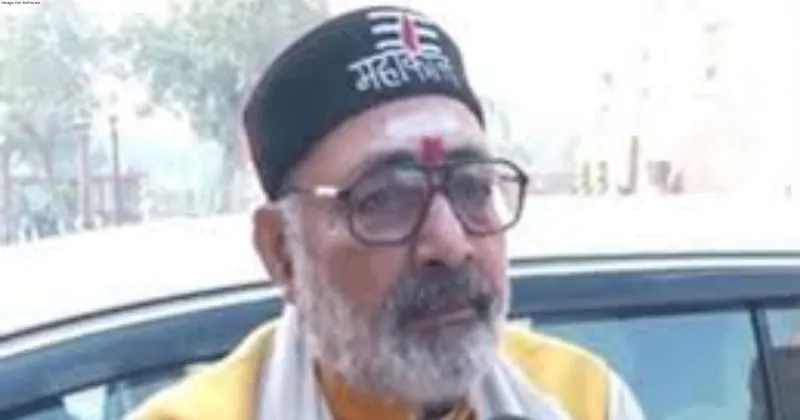UNITED WE STAND vs BANTOGE TO KATOGE A TALE OF CATCHY SLOGANS
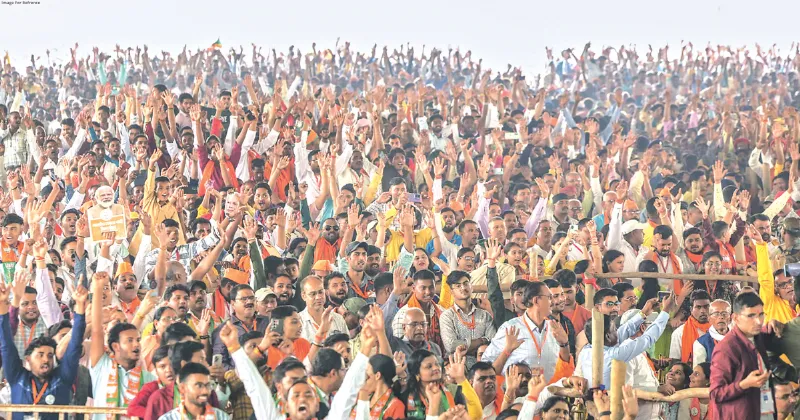
In a world where words shape perception, spark emotions, and rally crowds, one might think the key to unity is in the subtle, yet profound, power of a slogan. Take, for example, the slogan “United We Stand” used during the recent US election. Ah, the sophistication! This phrase not only unites, it practically sings the virtues of harmony. But there is competition in the world of slogans, and this time there is also a regional player in the fray, which was used especially in the by-elections in Maharashtra and other parts of the country, namely “Bantoge to Katoge”. The latter’s got a certain rawness, a local spice to it that just doesn’t go unnoticed. But let’s dissect it – does language really matter in getting the point across?
“United We Stand” sounds like it’s wearing a tuxedo at the nation’s unity gala. A slogan that could appear on a polished marble plaque in a prestigious hall of fame for inspiring phrases. It gently urges, suggesting that we may have differences but, for the greater good, perhaps we can keep it together. Its audience? Everyone. Its appeal? Global. You could say this to anyone, anywhere, and it would resonate, from diplomat in New York to a shepherd in the Alps. Now, let’s turn our attention to its contender: “Bantoge to Katoge.” Now here’s a phrase that takes unity to the street, gives it a pair of rugged jeans, and maybe even a tattoo. It’s earthy, raw, and so unmistakably “direct.” No frills, no grandiose gestures. It’s the street vendor of slogans, yelling out to everyone in earshot, “Look, buddy, either we stick together, or we’re toast!” It’s a slogan that says, “I’m not here to sugarcoat it; we’re on a sinking ship, and paddling in different directions means we’re all going under.”
The elegance of “United We Stand” is like the warm embrace of a skilled diplomat, wooing people into cooperation with a glass of wine and an inspiring speech. On the other hand, “Bantoge to Katoge” rolls up its sleeves, looks you squarely in the eye, and speaks in a language that demands attention. It doesn’t ask nicely; it declares consequences. For people who are tired of veiled hints about the need for unity, this slogan pulls out the big guns. It’s almost like hearing a parent say, “Keep it up, and I’ll turn this car around!” No one doubts the seriousness.
In an ideal world, everyone would be moved by “United We Stand,” recognizing it as the shining example of eloquence. But let’s face it: sometimes, people need a reminder that there are stakes involved. Where “United We Stand” sounds hopeful, “Bantoge to Katoge” sounds like a last warning call. When people hear it, they know – oh, we better work together, or things could go south. Fast.
So, does language matter? Well, imagine watching a politician in a threepiece suit say, “Bantoge to Katoge” with the stern expression of scolding teacher. It would be jarring, wouldn’t it? And equally strange would be local activist in dusty jeans earnestly calling, “United We Stand!” So yes, language matters – because it’s not just what you say, it’s how you say it, and to whom. In one context, a phrase like “United We Stand” would uplift the crowd; in another, it might sound like wishful thinking. And “Bantoge to Katoge”? It may not make it to any marble plaques, but it just might get people thinking – or at least, cooperating. Well, whatever case may be, languages and slogans have the power to convert crowds into votes.
THE VIEWS EXPRESSED BY THE AUTHOR ARE PERSONAL
Gajendra Singh, The writer is Social Thinker & Development Professional






